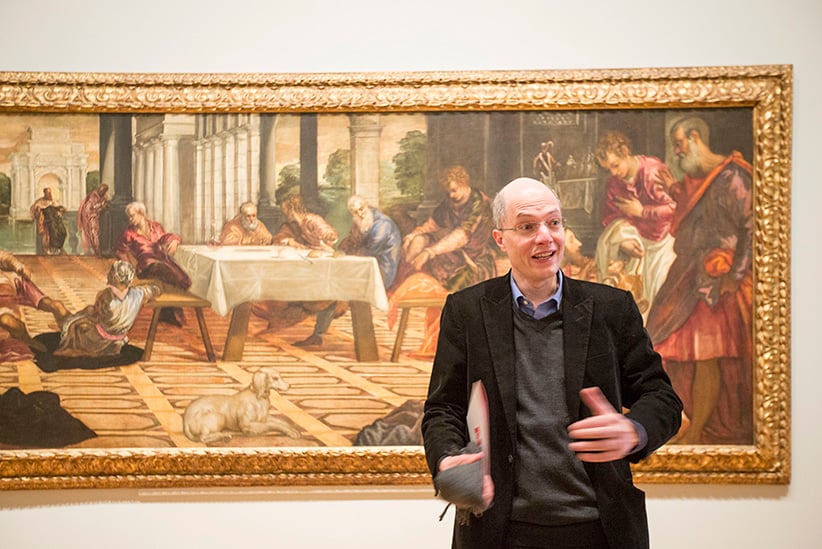What we can learn from pessimists
According to philosopher Alain de Botton sorrow is our true lot
Share

Updated on Jan. 22, 2018
As a philosophy, pessimism has a long and honourable history. Entire schools of thought have been dedicated to the idea that life starts out bad and then heads, inexorably, to its even worse conclusion (it’s a popular religious idea too—see Original Sin and Judgment Day). But pessimism of that sort is a concept alien to the modern mind, with its insistent proclamation that success and happiness are entirely in your hands (see self-help books beyond counting). It’s only in rocky economic times that cracks appear in our collective cheerful veneer, and the likes of British philosopher Alain de Botton, fervent preacher of the consolations of pessimism, get much of a hearing.
That may be why de Botton’s 2009 “sermon” on pessimism at London’s School of Life sold out weeks before, all 450 seats at £10 a pop. “Ticket sales for my sermon leapt up after the collapse of Lehman Brothers,” de Botton says, adding that the distemper of our times by itself ensured success for his talk. The sellout was “a reminder that what we all seek after suffering a disaster is an answer to the question, ‘Am I alone?’ A packed audience of pessimists is, in this sense, enough to cheer everyone up.” And it’s pessimism’s contrary potential for fostering human happiness that leads de Botton to champion it.
Consider the darkness of human experience, he suggests, from the moment of our birth to our last sigh, in the light of the great modern promise that everyone can find happiness in love and work. The chances of anyone succeeding in one of those areas, let alone both, de Botton argues, are vanishingly slim. “And when an exception is misrepresented as a rule, our individual misfortunes, instead of seeming to us quasi-inevitable aspects of life, will weigh down on us like particular curses. In denying the natural place of longing and incompleteness in the human lot, modern ideology denies us a collective consolation for our fractious marriages and our unexploited ambitions.” We are left, instead, with solitary feelings of shame, failure and persecution.
Such thinking—that humans are not accidentally unhappy, but miserable by nature—can be taught, according to de Botton. There are, as aids, the acidulous maxims of French wit Nicolas Chamfort, who recommended “swallowing a toad every morning to be sure of not meeting with anything more revolting in the day ahead,” and the writings of that “icon of despair,” Arthur Schopenhauer, whose closest companions were poodles. “Schopenhauer did not mean to depress us,” says de Botton, “rather to free us from expectations that would inspire bitterness. It is consoling, when life has let us down, to hear that happiness was never part of the plan. The darkest thinkers may, paradoxically, be the most cheering.”
Not only can this wisdom be taught, de Botton argues, there is considerable social utility in teaching it. If that generation of bankers, for instance, all of whom had known nothing but boom times, had had personal experience of the fallibility of humankind and its creations, they might not have been so hubristic in their financial machinations. (De Botton, it should be noted, is the son of Global Asset Management founder Gilbert de Botton, who sold his pioneering investment firm for $600 million in 1999, a year before his death.) A decent modesty and a little caution, the philosopher argues, can prevent a lot of disaster.
The contemporary emphasis on work makes it the very definition of our self-worth—because we are allowed, socially speaking, to be unlucky in love. “The first question we tend to ask of new acquaintances,” de Botton notes, is not what our ancestors would have inquired, “where they come from or who their parents were, but what they do. To be out of work means, quite literally, to be a nobody: one is what one does.” That makes the worship of work particularly grotesque now, when unemployment is spiking everywhere. Far better, the pessimist advises with his paradoxical cheeriness, to think of work’s true value as he does: something that puts food on the table while filling the time until “the inevitable cataclysm, personal or planetary.”